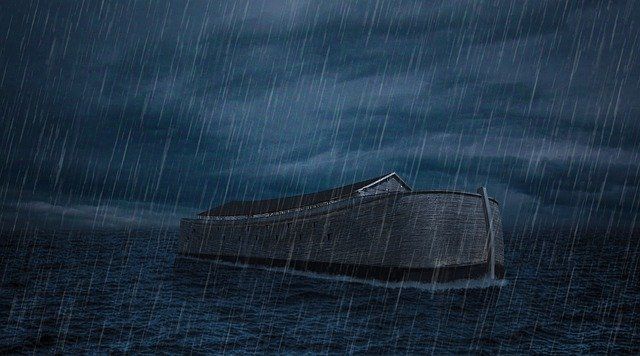More than 40 years ago, in a tiny country Methodist church in rural Upper Michigan, I preached a sermon on patience. I still have the notes, but not the patience, especially when I’m waiting at the post office, in the supermarket checkout line, or cooling my heels waiting for a stalled elevator.
Environment
Of course, I can be excused for my impatience because I’m a victim of my environment. After all, our ‘hurry up’ culture has squeezed me into its mould. A new book called Faster by James Gleick proves it. Ever wonder why the paint has worn off DOOR CLOSE buttons in elevators?
We demand fast, fast, fast relief from our headaches and heartburn. Our grocery shelves groan with instant this and that. We zip through fast food lines, gulp our sandwiches in quick bites, and drink our coffee in huge gulps.

We get instant loans and make instant trades on the stock market. We grab instant cash from our ATMs. We upgrade our computers to crunch our numbers and process our words faster and faster.
Rush to evangelise
Not only have I ingested the ‘hurry up’ culture, so has our missions community. Things have to move fast today or we are delinquent. People have to be evangelised and churches planted faster than in the old days. People have to be rushed to the fields faster. Many of them return home faster, too.
The great rush to evangelise the world by the year 2000 demands fast action. Like a fox fleeing from the hounds, we race around trying to find faster ways to penetrate closed cultures and ancient religions, where time stands still for the most part.
‘Mobilisers’ tell us to hurry up and get the job done before the windows, doors, or whatever, close. We demand fast action because we operate by our own timetables, not God’s. All our programmes must be put on the fast track. Never mind that God’s work in the Bible, and in our lives, encounters innumerable delays.

Story-line
In fact, one might say that detours are a major story-line of the Bible. The Flood was a major detour. So was bondage in Egypt. So was Joseph’s imprisonment, Saul’s hounding of David, Jonah’s defection, the burning of Jeremiah’s scrolls, and 70 years captivity in Babylon.
Mary and Joseph took a detour to Egypt. The apostle Paul detoured to Arabia and Tarsus after his conversion. Is it any wonder, then, that God counsels patience, perseverance, endurance, and long-suffering?
These qualities must take first place in our missionary thinking. Churches and donors must cease demanding fast results. Mission agencies must put on the brakes. Is our rush from God, or from us? Is it fleshly, carnal, or Holy Spirit-motivated?

Be still
We have to pay attention when God says, ‘Be still. Wait patiently for me’. Never mind what the world says. One major reason for premature departure from the field by new missionaries is unrealistic expectations. Very simply, this means they went out expecting fast results. When things didn’t move quickly, they got discouraged, and quit.
I recall one new missionary who told me: ‘If they [the church to which he had been sent] don’t “buy” my programme in two or three years, I’m out of here’. They didn’t and he was.
On the other hand, Margie spent 41 years in North Africa. She did not go expecting fast results. Her simple goal was to be ‘approved unto God’ for his glory. Over the years she did see Muslims come to Christ. How? Not on the fast track, but on prayer, patience and persistence






